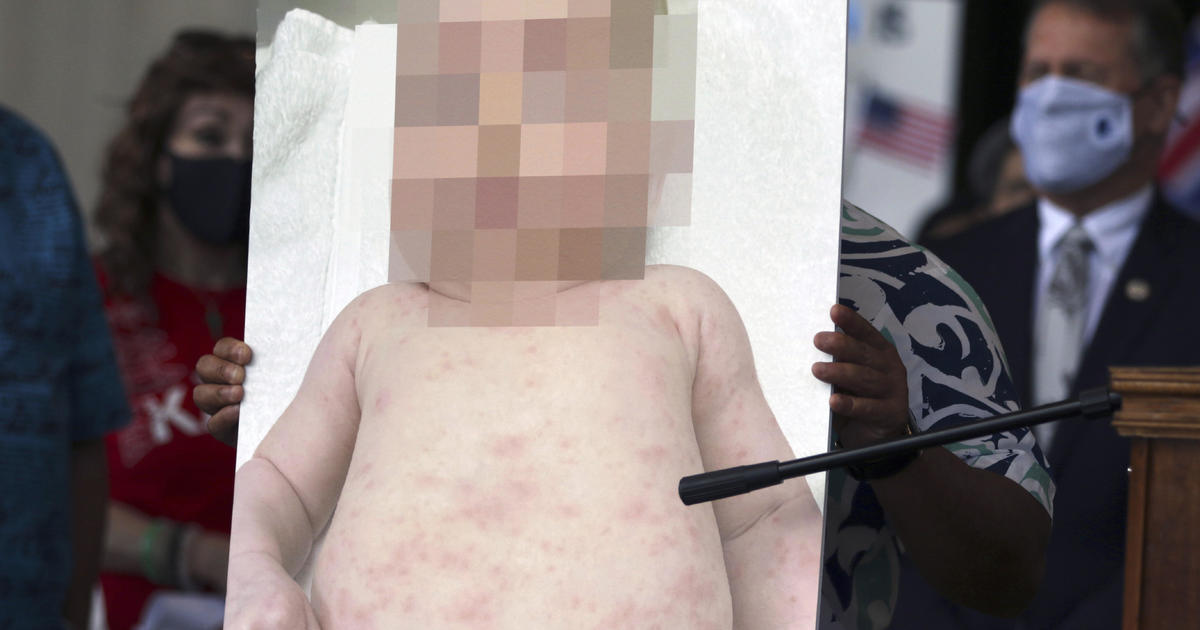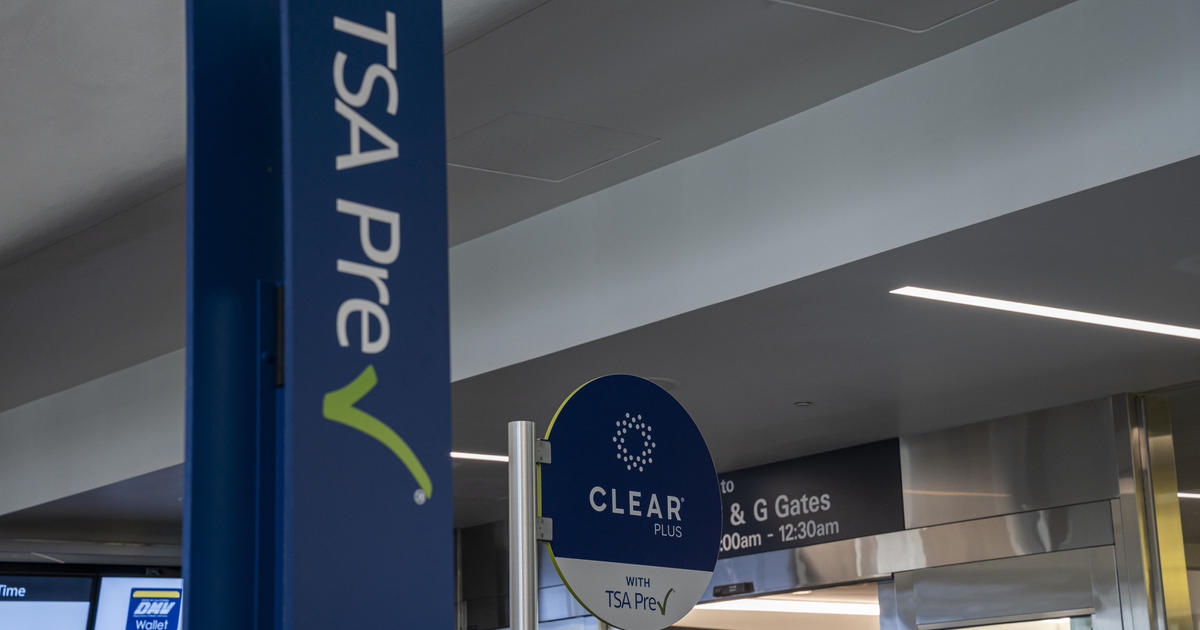Homeland Security facial recognition expansion plan slammed by Senator Ed Markey
Democratic Senator Ed Markey says he will propose legislation to block the Department of Homeland Security (DHS) from expanding its use of facial recognition at airports and border checkpoints to include American travelers.
The DHS Biometric program has come under fire from lawmakers of both parties — one opponent includes Senator Mike Lee, a Republican. Lee and Markey have repeatedly called on DHS to stop expanding the technology, and privacy experts have expressed concerns as well. The agency has charged ahead and now seeks to expand the program to require Americans to comply with the facial recognition system. Currently, use of the technology is optional.
"The Department of Homeland Security should immediately withdraw plans to force Americans to undergo facial recognition and hand over their biometric information," Markey told CBS News. "This proposal would amount to disturbing government coercion, and as the recent data breach at Customs and Border Protection (CBP) shows, Homeland Security cannot be trusted to keep our information safe and secure. I will soon introduce legislation to ensure that innocent American citizens are never forced to hand over their facial recognition information."
Congress mandated the development and implementation of the biometric entry-exit system to help prevent people from fraudulently entering or leaving the country and to help identify criminals and suspected terrorists. In a notice posted online Tuesday, DHS wrote that it "is proposing to amend the regulations to provide that all travelers, including U.S. citizens, may be required to be photographed upon entry and/or departure."
The same technology has been used at two border crossings in Texas and is being tested at an Arizona border crossing as well. At the San Luis, Arizona checkpoint, Child Protective Services (CPS) is scanning the faces of everyone crossing.
DHS says the technology is working. It has spotted seven imposters trying to enter the U.S. illegally at airports, including Washington Dulles, and more than 200 people on the Southwest border
In June, DHS acknowledged a cyber attack against a contractor exposed traveler photos and license plates of "fewer than 100,000 people" traveling in and out of the country through a few specific lanes at a land border crossing.
"CBP is currently in the rulemaking process and will ensure that the public has the opportunity to comment prior to the implementation of any regulation," a Customs and Border Protection Spokesman wrote in a statement at the time, adding, "CBP is committed to its privacy obligations and has taken steps to safeguard the privacy of all travelers."
Privacy advocates remain unconvinced.
"Time and again, the government told the public and members of Congress that U.S. citizens would not be required to submit to this intrusive surveillance technology as a condition of traveling," ACLU senior policy analyst Jay Stanley told CBS News. "This new notice suggests that the government is reneging on what was already an insufficient promise."
At airports, the camera takes a photo of a traveler and compares it to the traveler's passport photo in seconds. The system pulls from a database of people who are known to be flying that day, and the photos are retained for a period of time by DHS.




